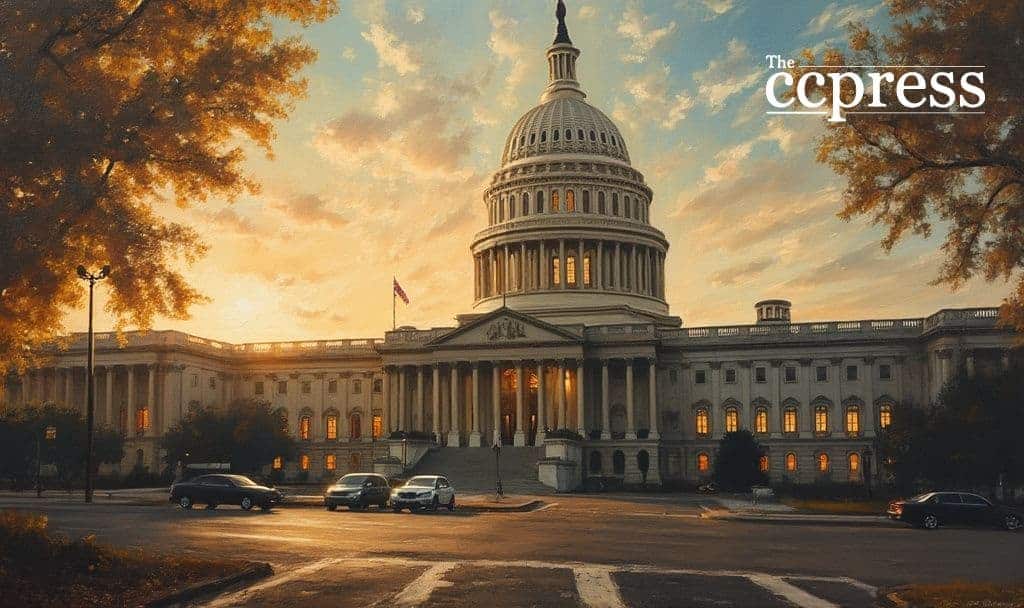- U.S. Treasury exempts digital assets from 15% CAMT tax.
- Impact on Bitcoin and corporate holdings.
- Increase in corporate crypto adoption expected.

The U.S. Treasury and IRS have announced a new guideline exempting Bitcoin and other digital assets from the 15% Corporate Alternative Minimum Tax, benefiting large corporations holding significant crypto amounts.
This policy change reduces potential tax burdens and encourages institutional adoption of Bitcoin, highlighting efforts to align cryptocurrency taxation with traditional financial assets, boosting market confidence and demand.
Exemption Announcement
The U.S. Treasury and IRS issued guidance exempting digital assets from the 15% Corporate Alternative Minimum Tax (CAMT) for large corporations. This decision impacts significant Bitcoin holdings and facilitates corporate adoption. Key figures like Michael Saylor and Brian Armstrong have been involved in lobbying for this action. The Treasury’s announcement clarifies regulations for corporations holding digital assets, changing prior tax obligations.
Financial Benefits and Competitiveness
Corporations holding Bitcoin and other cryptocurrencies will benefit financially by avoiding substantial tax liabilities. This move aims to facilitate corporate growth and investment in digital assets by reducing tax-related uncertainties. The exemption is expected to enhance the U.S.’s competitive edge in the corporate crypto space, aligning treatment of digital assets with traditional assets. Legislative reviews by major committees might follow this adjustment. For instance, Senator Lummis has unveiled a digital asset tax legislation proposal, which could influence future tax policy.
Corporate Adoption and Market Impact
Advocates claim the tax exemption eliminates barriers for companies considering cryptocurrency holdings. The adjustment could trigger significant regulatory changes and accelerate adoption, with corporations potentially expanding their digital asset investments. Historical precedents show similar exemptions encouraging broader asset adoption. This policy change is seen as laying a foundation for long-term regulatory consistency, helping stabilize market behaviors and corporate strategies across the crypto industry.
“Taxing phantom gains doesn’t make sense.” — Senator Cynthia Lummis, U.S. Senate
| Disclaimer: The content on The CCPress is provided for informational purposes only and should not be considered financial or investment advice. Cryptocurrency investments carry inherent risks. Please consult a qualified financial advisor before making any investment decisions. |























